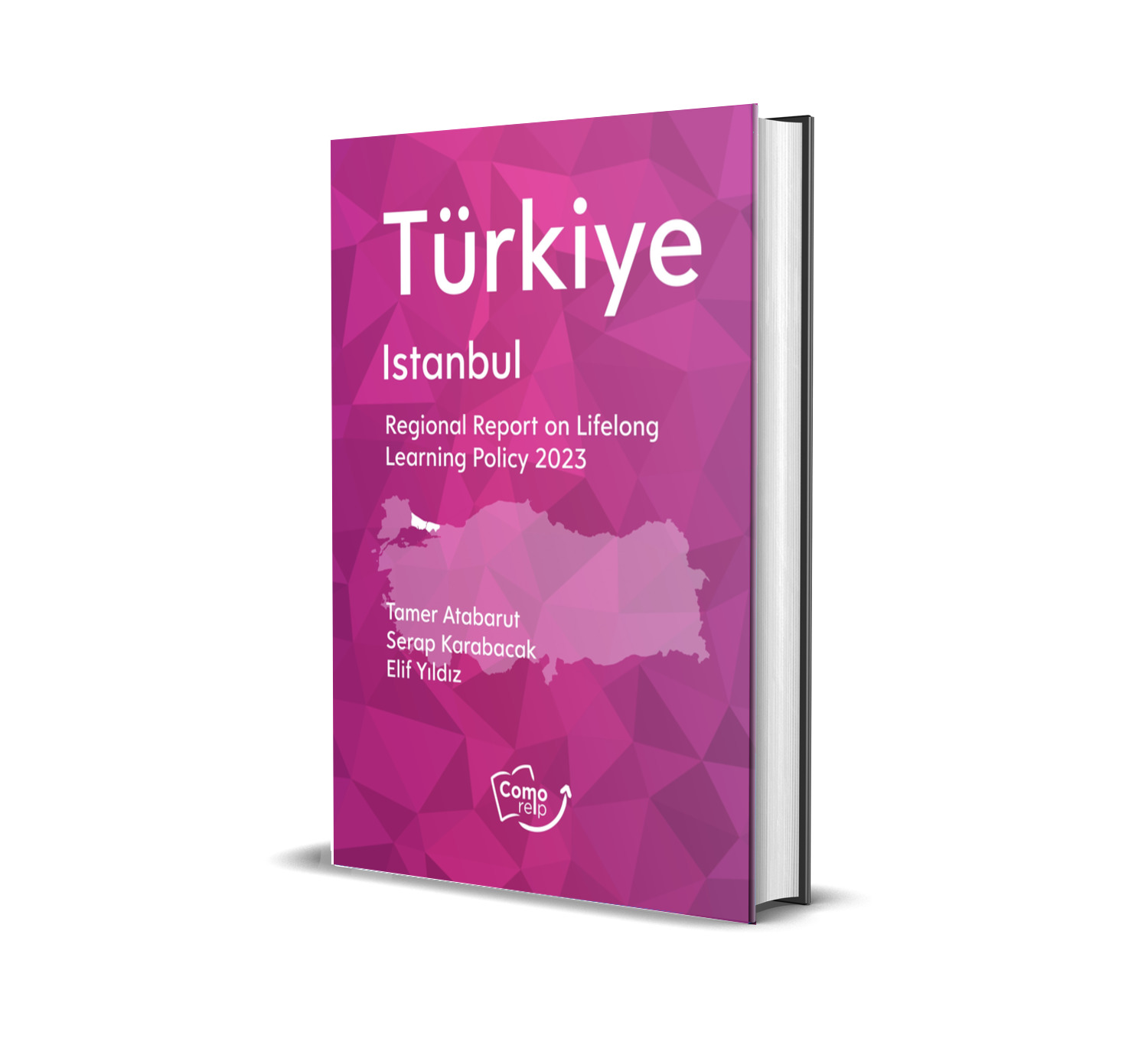
At a time when formal learning systems are unable to adapt to rapid change, lifelong learning has become more important than ever for learners to access up-to-date information. Rapid changes in the quality of information required by the age and technological developments have led to a focus on increasing the impact of lifelong learning as a complementary learning system. Components such as the scope, boundaries, quality, strategies, joint work of partners, needs of beneficiaries, monitoring and evaluation of lifelong learning, lifelong learning programmes and access to lifelong learning, lifelong guidance are key issues in increasing the impact of the lifelong learning system.
The main dynamic in increasing the effect is to ensure the harmonisation of all components with each other. In this context, addressing the components of lifelong learning from a holistic perspective would be the right approach.
This holistic view should cover not only the lifelong learning (LLL) components within the countries themselves, but also the systems in EU countries at certain points. This will enable countries to exchange shared knowledge, skills, or human resources. In this context, although there are regional differences, it is possible to say that the common aim of all LLL systems is to train qualified human resources and increase social welfare.
The first step towards the realisation of LLL objectives is the determination of learning requirements. Given the fact that the participation of the target group in learning is largely on voluntary basis and that participation in learning activities that are unlikely to produce added value is low, it is necessary to first identify the learning requirements and structure the activities in accordance with this context. Decision-makers and policymakers are expected to fulfil their responsibilities in making LLL activities widespread, dynamic, and sustainable based on the learning requirements of the actors in the system.
The dynamism and sustainability of the activities are related to their quality. Quality is the level at which a service or a product meets the needs of the beneficiary. In this context, the more the requirements are met, the more likely it is that the product or service will be used again. This process proceeds by continuously monitoring and improving the quality of the product or service with quality assurance systems. The quality of LLL activities is tracked through components in monitoring and evaluation systems and quality assurance processes. This process includes topics such as evaluation of learning, information and guidance in the field of LLL, evaluation of national and international cooperation, quality of LLL programmes, evaluation of educators and administrations who are the LLL actors. The most crucial step is the evaluation of the quality of learning outcomes. The picture of the impact of the assessed learning outcomes on the training of qualified human resources and increasing social welfare, which are the priorities of LLL, is the road map for the next step of LLL.
In conclusion, lifelong learning is a collection of components. It is a complete process that can be progressed with the active participation of all actors, from decision-makers to policy makers, from implementers to programme developers, from trainers to managers. This report discusses the general situation regarding the content, activities, functions, tools of these components and tries to provide detailed information as well as a road map on the components within the scope of the project. It is among the goals of the report to create a foresight for different studies in the field of lifelong learning in the future.
